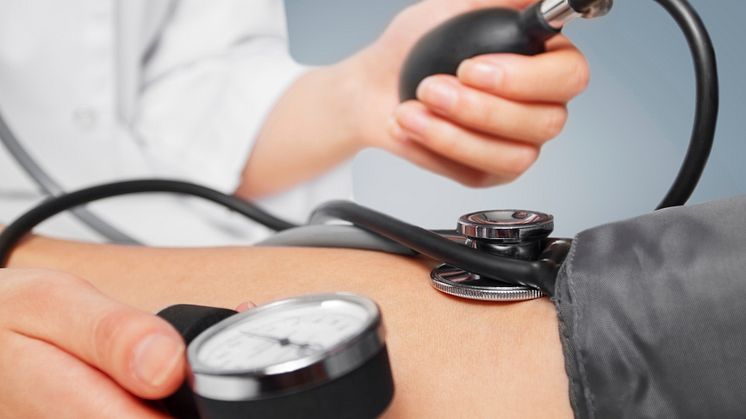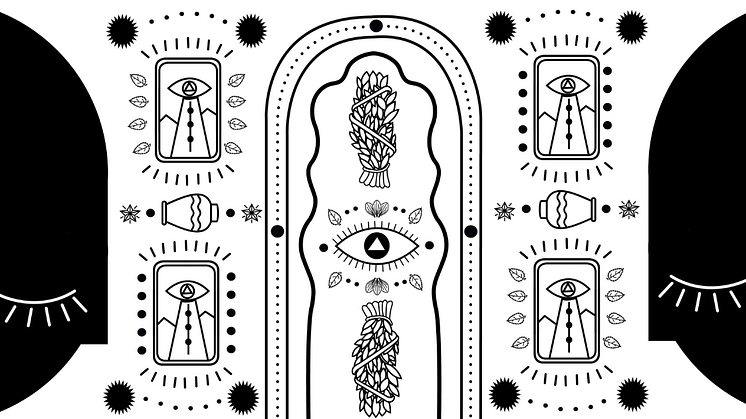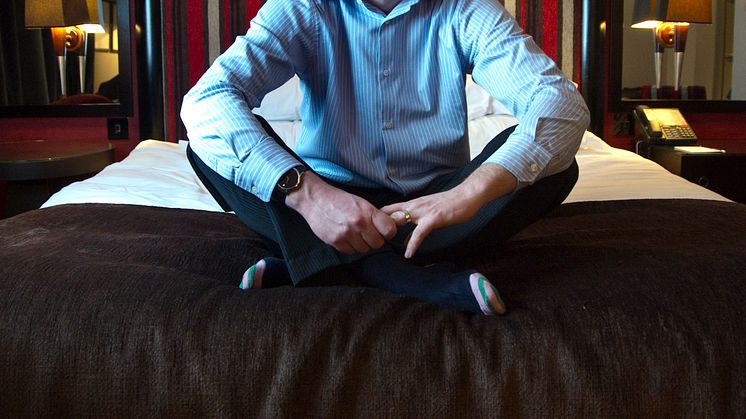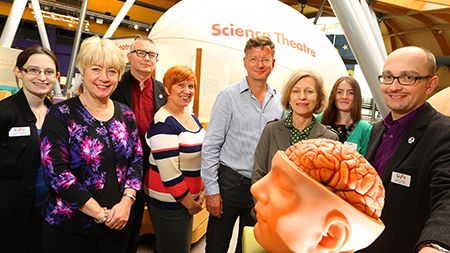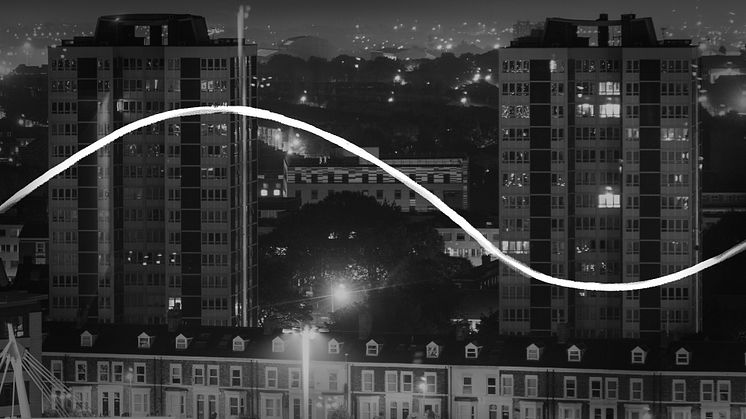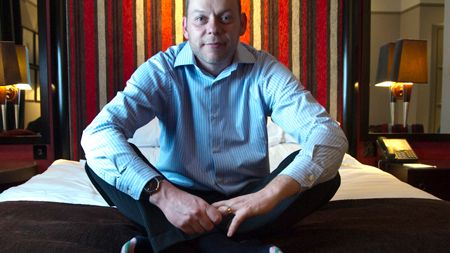Press release -
EXPERT COMMENT: Why do you feel like you’re falling when you go to sleep?
Jason Ellis, Professor of Sleep Science and Director of the Northumbria Centre for Sleep Research, writes about hypnic jerks for The Conversation.
It should be one of the most relaxing times of the day. You climb into bed, get comfortable and cosy, start to feel your brain slowing down … and then suddenly you experience a shocking falling sensation. It’s like you misjudged the number of stairs you were walking down, leaving your leg in mid air for just a bit longer than you expected. Not pleasant.
This bedtime tumbling sensation is the phenomenon known as the “hypnic jerk” and may sometimes be accompanied by a visual hallucination. You may have heard it called a “sleep start”, the “hypnagogic jerk” or the “myoclonic jerk”, but for the sake of sanity we’ll just stick with the former.
So what is it?
The hypnic jerk occurs when the muscles, usually in the legs (although they can be observed throughout the body), involuntarily contract quickly, almost like a twitch or spasm. Although the reasons behind this are not that well understood, the evolutionary perspective suggests that it serves at least two important but interrelated functions, the former of which is still relevant today.
First, this sudden awakening allows us to check our environment one last time, an opportunity to ensure that it really is safe to go to sleep by creating a startle-like response. You might have accidentally dropped off somewhere dangerous, after all.
Another suggested evolutionary function is that it allowed us – or at least our early ancestors – to check the stability of our body position before we went to sleep, especially if we started to fall asleep in a tree. The jerk would allow us to test our “footing” before unconsciousness set in.
The other main theory suggests that the hypnic jerk is merely a symptom of our active physiological system finally giving in, albeit sometimes reluctantly, to our sleep drive, moving from active and volitional motor control to a state of relaxation and eventual bodily paralysis. In essence, the hypnic jerk may be a sign of the eventual switch over between the brain’s recticular activating system (which uses arousal neurotransmitters to aid wakefulness) and the ventrolateral preoptic nucleus (which utilises inhibitory neurotransmitters to reduce wakefulness and promote sleep).
When jerks go bad
Either way, although in most cases a normal and natural phenomenon, the hypnic jerk can be a rather disconcerting or frightening experience. In extreme cases – whether in terms of frequency or the velocity and violence of the jerk – it can keep people awake, preventing them from entering the normal sleep onset process, resulting, in the longer-term, in a form of sleep-onset insomnia.
As the hypnic jerk is related to motor activity, anything that is going to keep your motor system active at night is likely to increase the chances of you having one – and possibly even a more intense one, too.
As such, caffeine (or other stimulants) and/or vigorous exercise in the evening and high stress and anxiety levels at night are associated with an increased chance of a spontaneous hypnic jerk and should, where possible, be avoided. Other associations include being overtired or fatigued, sleep deprived or having an erratic sleep schedule. Here, keeping a good regular sleep/wake pattern can help.
Finally, from a nutritional perspective, it has been suggested, albeit anecdotally, that deficiencies in magnesium, calcium and/or iron can also increase the chances of experiencing a spontaneous hypnic jerk. That said, it has also been suggested that hypnic jerks can be evoked through sensory stimulation, during the sleep onset period, so ensuring that your sleep environment is cool, dark and quiet may be helpful in reducing the frequency and intensity of them.
There is actually very little research on the topic, presumably because it is largely seen as a normal phenomenon, making it difficult to suggest a definitive “treatment”. However, we do know that as we get older the number of hypnic jerks we will experience should decrease naturally. The main issue to consider here is whether the hypnic jerk is causing you or your bed partner a problem? If it is, then it is time to see a sleep specialist. The difficulty is there are a number of sleep disorders, such as sleep apnoea, that have symptoms which mimic the experience.
And if all else fails, perhaps just blame the ancestors.
This article was originally published by The Conversation. Read the original article.
Topics
Categories
Northumbria is a research-rich, business-focused, professional university with a global reputation for academic excellence. To find out more about our courses go to www.northumbria.ac.uk
If you have a media enquiry please contact our Media and Communications team at media.communications@northumbria.ac.uk or call 0191 227 4571.







